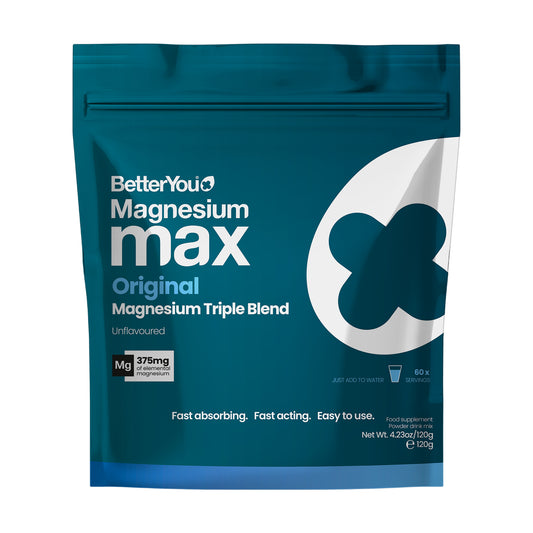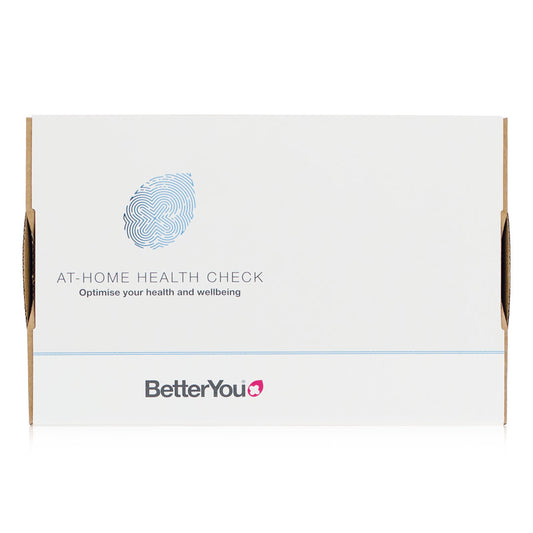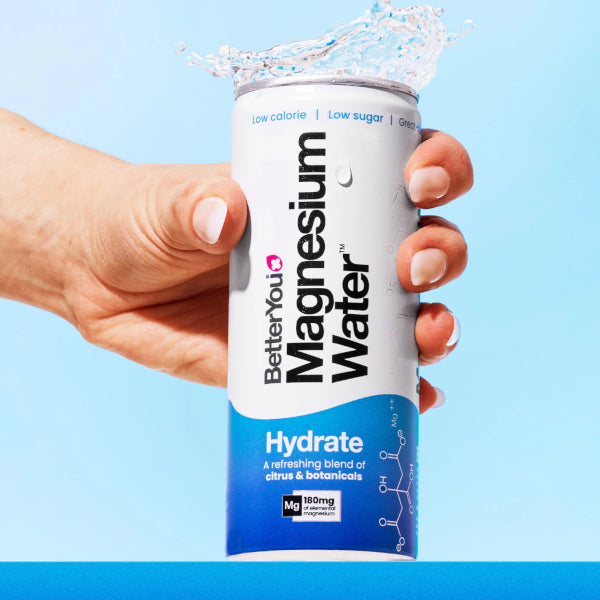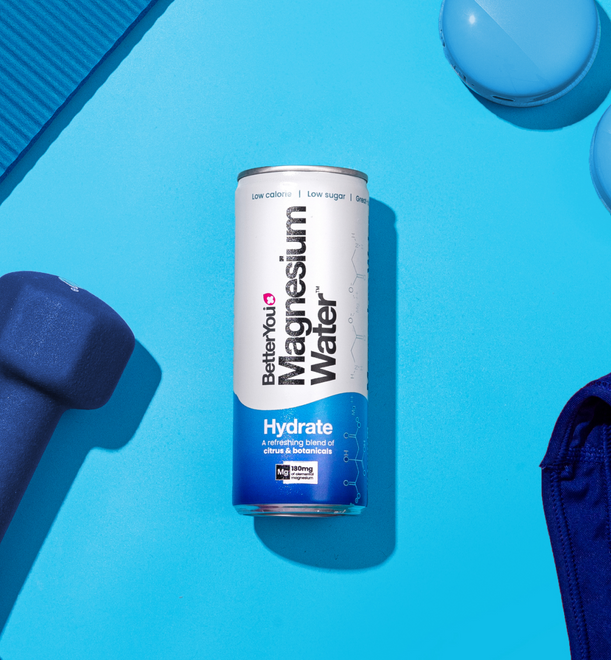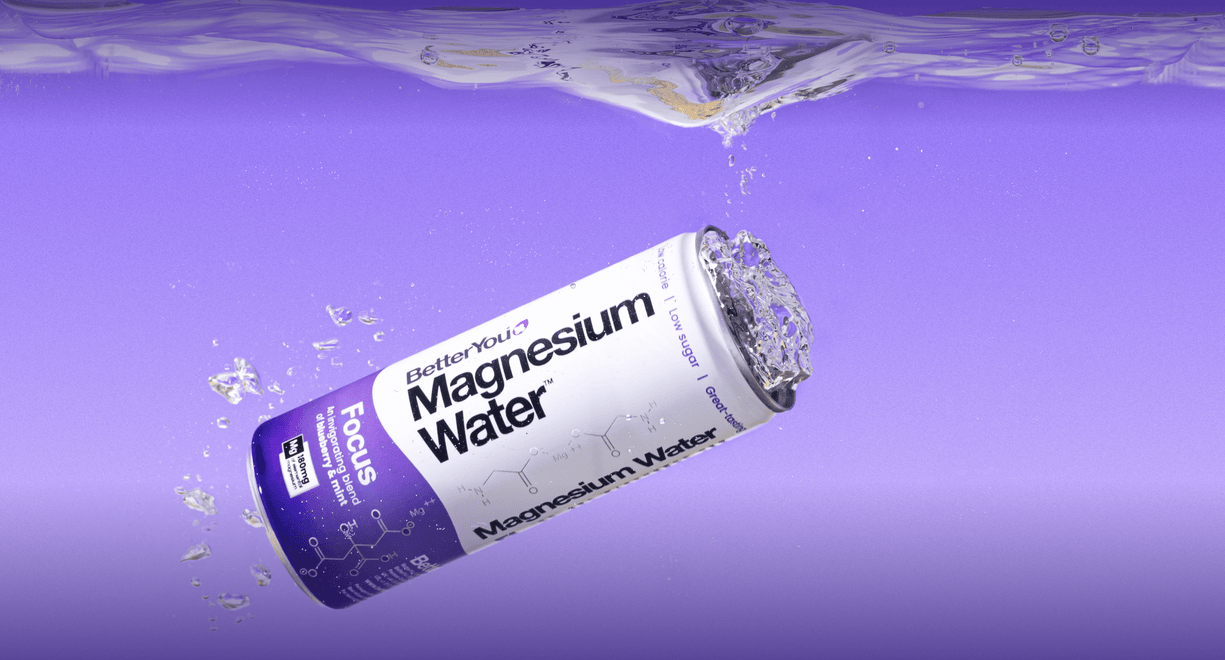Vitamin D is important for your overall health: affecting your bones, teeth, and the immune system. Ensuring you get a recommended dosage can help you maintain these vital body functions. Our guide walks you through the importance of vitamin D for all stages of life.
Table of Contents:
- Why is Vitamin D Important?
- When In Life is Vitamin D Most Important?
- Best Ways to Supplement Vitamin D
- Vitamin D Dosage
- Important Factors Affecting Vitamin D Levels
- 5 Side Effects of Vitamin D Deficiency
- 6 Sources of Vitamin D
Why is Vitamin D Important?
Vitamin D is an important vitamin, providing your body with essential nutrients. Often referred to as the “sunshine” vitamin, you need a sufficient amount to see its health contributions. Whether through vitamin D supplements or diet, getting enough vitamin D is important to keeping your body healthy. The benefits of vitamin D range from maintaining healthy bones, to helping you stay free from coughs and colds. Why is vitamin D important? The key areas it benefits, include:
Bones
Vitamin D is important for your bones, due to its contributions alongside another essential nutrient. Vitamin D and vitamin K work together to encourage calcium to enter your bones. Often found in bone supplements, these two nutrients keep your bones strong and healthy. Regulating our intake of calcium and phosphorus, vitamin D is important for skeletal strength.
Muscles
Vitamin D is important to keep your muscles strong and healthy. It helps to encourage proper strength and healthy recovery. Not only does vitamin D support your normal muscle function, your joints also rely on it. Keeping your joints healthy with joint health supplements containing vitamin D is important. The vitamin can help to relieve the stress your joints and muscles experience as you go about your day. From the impact of jogging, to climbing, and even walking around, vitamin D can help support normal muscle function.
Immunity
The importance of vitamin D is also shown in the way it affects your body’s natural defences. Vitamin D supports the immune system, helping you stay healthy and free from illness. With low levels, you may be more likely to suffer from common colds and infections. Immune system supplements support the body’s natural immunity. That way, you can carry on doing what you love most, thanks to the essential vitamin D.
When In Life is Vitamin D Most Important?
Vitamin D is important to maintaining health throughout your whole life. There are times when the nutrient is most beneficial. This includes early life, puberty, and when you reach more advanced years. The times when vitamin D is important, include:
The Importance of Vitamin D in Early Years
During the first years of life, your little ones grow and develop a huge amount. Baby vitamins help to encourage development from their very first days. From growing bones, to building muscle, your child needs vital nutrients to support their advancement. Children’s vitamins are designed to provide the nutrients needed to support them make those first steps and beyond. Whilst postnatal supplements can support new parents as they care for their new arrivals.
The Importance of Vitamin D During Pregnancy
Vitamin D is a crucial nutrient during pregnancy. This is because, during pregnancy you are now providing nutrients for two (or more!). It’s especially vital as a pregnancy supplement in order to support the development of your baby’s bones, organs, and nervous system. Vitamin D in pregnancy can support your little ones’ needs as they develop.
The importance of vitamin D continues into the feeding of your little one. Breast milk may not provide the sufficient levels your precious arrival requires. Breastfeeding supplements encourage you to supply your newborn with the nutrients they need to grow and develop. The link between vitamin D and breastfeeding can support both you and your baby’s overall health during this time.
The Importance of Vitamin D in Later Life
The importance of vitamin D increases as we age. This is because as we get older, our bodies ability to synthesise the sunshine vitamin reduces. Those of an older age may struggle to make their own from sun exposure, and may consider supplementation. Menopause supplements are designed to support those in this stage of life to intake sufficient nutrition. During the menopause, you can be more at risk of bone-related issues, such as osteoporosis. Therefore, the importance of vitamin D may be higher for those experiencing it.
The Importance of Vitamin D in Winter
During the autumn and winter months, the UK and the northern hemisphere does not see much sunshine. Our bodies make vitamin D from sunlight, so during this time Britain may not be sunny enough to provide sufficient vitamin D. This is because due to the positioning of the sun throughout October to March, the sun’s rays are not strong enough. Therefore, the importance of vitamin D, and obtaining sufficient levels, increases.
Best Ways to Supplement Vitamin D
Providing your body with the benefits of vitamin D is easier than ever with pill-free supplements from BetterYou. Thanks to our pioneering technology, oral spray supplements offer optimal absorption while bypassing the digestive system. Simply spray into the mouth, and continue about your day. With natural flavours, you’ll enjoy supporting your daily nutritional needs.
Vitamin D Dosage
Ensure your body gets the required nutrients it needs with recommended doses. According to the NHS, the dosage of vitamin D you need each day is 10μg or 400 IU for adults. The safe upper limit for vitamin D is 100μg (4,000 IU) a day. Whether through food or supplements, it’s vital to know the Nutrient Reference Value guidelines, to ensure you’re on top of your nutrition.
Important Factors Affecting Vitamin D Levels
Your natural levels of vitamin D can be affected by many factors, from sun exposure, to age. The importance of vitamin D increases if you are at risk of developing low nutrient levels. The main factors which affect our intake of the ‘sunshine’ vitamin include:
- Diet – While the majority of vitamin D comes from sunlight it is not possible to obtain this source all year round. It is essential to also eat foods rich in this nutrient. Those who eat little or no vitamin D rich foods, such as vegans and vegetarians, will not be obtaining enough through their diet. Vegan supplements can help to provide the supplements which vegans should take. Whilst vegetarians supplements can help to bridge the gap missing in their diet. Providing the essential supplements vegetarians should take, including the sunshine vitamin.
- Gut health - Vitamin D is a fat soluble nutrient, so if you suffer from a gastrointestinal condition, such as IBS, that affects your ability to absorb fat, it will also affect your absorption of vitamin D from food and potentially from oral supplements as well, putting you at greater risk of a deficiency.
- Location – For those living in the northern hemisphere the amount of UVB radiation required for the skin to synthesise vitamin D is not adequate enough all year round to maintain sufficient levels.
- Seasons - During the autumn and winter months those living in the northern hemisphere are not able to gain enough vitamin D from sunlight. Even during the Summer months, it is predicted that up to 13% of the population will be deficient. During these months, the importance of vitamin D is even more pivotal.
- Sun exposure – Those who have little to no sun exposure, either because they are not often outdoors or cover up most of their skin when in direct sunlight, won’t get enough vitamin D.
- Sun cream - While necessary to protect your skin, sun creams and moisturisers with a factor of 15 SPF and above block the UVB rays required to obtain vitamin D.
- Skin pigmentation – Those with darker skin pigmentation have higher levels of melanin. Melanin helps protect the skin from sun damage by reducing the amount of UVB allowed to enter. However, this also reduces the amount of vitamin D produced from UVB exposure. Meaning the importance of vitamin D supplementation is increased.
- Age – As we age our bodies ability to synthesise vitamin D reduces.
The importance of vitamin D and need for supplementation is enhanced if you are likely to be affected by these factors. Obtaining sufficient amounts through your diet, or supplementation, can help you prevent low levels. Helping you avoid the side effects which vitamin and mineral deficiencies can cause.
5 Side Effects of Vitamin D Deficiency
Your body requires adequate intake of the nutrient. When your levels become low, you may be at risk of vitamin D deficiency. This can cause side effects which can affect the body in a number of symptoms. These signs of low vitamin D include:
- Aching bones
- Muscle weakness
- Tiredness and fatigue
- Low mood
- Poor immune system
If you are concerned about your levels of this vital nutrient, there are ways you can test. BetterYou’s Vitamin D Test Kit allows you to identify from the comfort of your own home. Receive a personalised supplementation plan provided based on your results, and a complimentary vitamin supplement upon completion. Always seek advice from your doctor if you are concerned about your nutritional status and before taking supplements.
6 Sources of Vitamin D
Vitamin D is available in a variety of food sources, including food supplements, to help you achieve optimal intake. Sources of the sunshine vitamin, include:
- Oily fish (tuna, mackerel, salmon)
- Eggs
- Dairy products (milk, cheese)
- Beef liver
- Fortified foods (cereal, breads, juices)
- BetterYou vitamin D supplements
Obtaining your vital nutrients from food sources, alongside supplements can help you to feel the benefits of vitamin D, and all it does for your body.
Why Supplement with BetterYou?
At BetterYou, we pioneered pill-free nutrition and transdermal supplements. From energy supplements for that needed boost, to sleep supplements to help you rest. Support your healthy lifestyle today.
